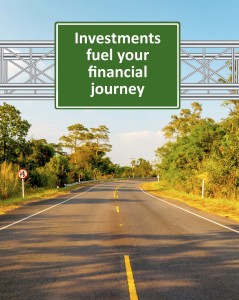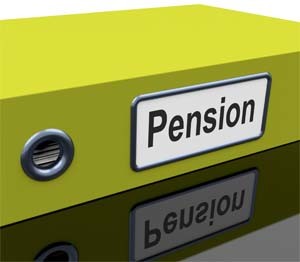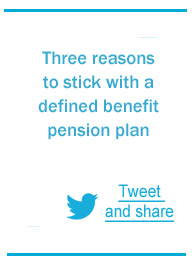By Barbara Knoblach, PhD
 Choosing the most optimal time to apply for Canada Pension Plan (CPP) benefits would be easier if you had a crystal ball to see into your retirement years; but with a bit of calculated foresight you can make a decision that suits your circumstances.
Choosing the most optimal time to apply for Canada Pension Plan (CPP) benefits would be easier if you had a crystal ball to see into your retirement years; but with a bit of calculated foresight you can make a decision that suits your circumstances.
Here’s a look at some basics:
Canada Pension Plan benefits can be drawn as early as age 60 (reduced 0.6% for each month before 65) or as late as age 70 (increased 0.7% for each month after 65).
The average life expectancy for Canadians is age 80 for men and 84 for women. Statistics Canada predicts a continued rise in life expectancy of roughly two years over the next 15 years.
Things to consider:
Life expectancy
Contemplating your mortality may feel uncomfortable, but your health and whether or not longevity is a family trait, are things to consider when making your decision.
If you take your CPP starting at age 60, your breakeven point with someone who waits until age 65 is when you both turn 74. Confused? Let me put it another way; if Mary takes her CPP at 60 and Brenda takes hers at 65, Mary’s monthly CPP payment will be 36% lower than Brenda’s, but she will collect five years longer. They will be 74 when Brenda pulls ahead of Mary for overall amount collected. Continue reading


 As a fee-for-service financial planner it’s not unusual to be approached for a “quick” portfolio review. “Can you just look over my investments?” or “Can you tell me if I’m saving enough?” As much as it’s in my nature to want to help people, it would be unethical and unprofessional to advise someone without a comprehensive look at their finances and a clear understanding of their goals.
As a fee-for-service financial planner it’s not unusual to be approached for a “quick” portfolio review. “Can you just look over my investments?” or “Can you tell me if I’m saving enough?” As much as it’s in my nature to want to help people, it would be unethical and unprofessional to advise someone without a comprehensive look at their finances and a clear understanding of their goals.



 Question from Derrick Alstein, Port Elgin, age 60:
Question from Derrick Alstein, Port Elgin, age 60:
 But what we have to remember is that markets always have their ups and downs. Easier said than done I know, but it’s best not to succumb to emotion or panic selling.
But what we have to remember is that markets always have their ups and downs. Easier said than done I know, but it’s best not to succumb to emotion or panic selling. Happy New Year!
Happy New Year!

